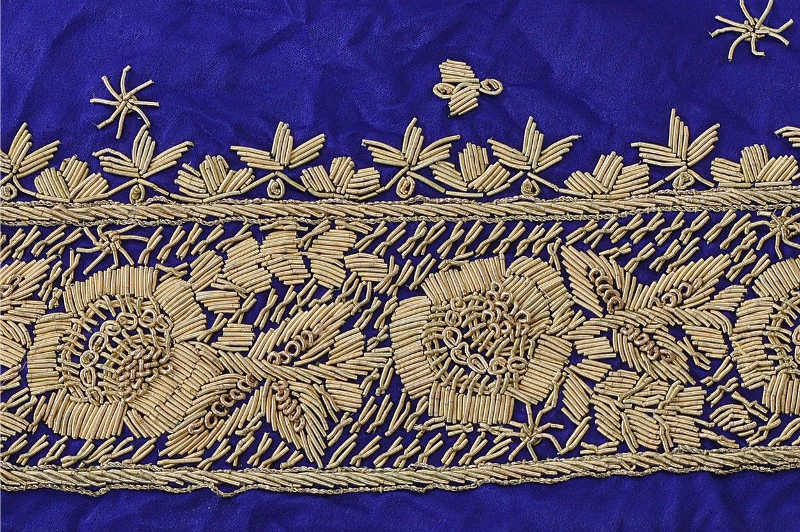===
0689,
6
===

=== |
 |
FWP:
SETS
MOTIFS == MIRROR
NAMES
TERMSOnly someone who was very poor and only had one suit of clothes would have to stand there and wait (or occupy the time in bathing) while the dhobi washed them; such a humiliating situation would never be appropriate for the beloved. Of course, Bahr's original line was not intended to invoke this situation, but as SRF notes was based on wordplay; the objection too was originally probably a joke or a bit of teasing. To turn it into some kind of fairly absurd argument against the 'Lucknow school' is an example of how tendentious and ungrounded is the alleged division of Urdu poetry into two such 'schools' [dabistaan] as the 'Delhi school' and the 'Lucknow school'. This 'two-school theory' has now been thoroughly discredited; for the best discussion in English, see Carla Petievich's Assembly of Rivals: Delhi, Lucknow, and the Urdu Ghazal (New Delhi: Manohar Publications, 1992).